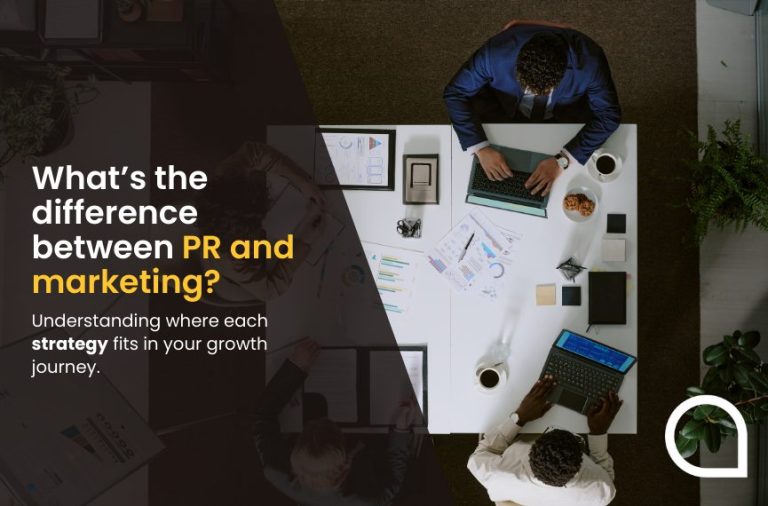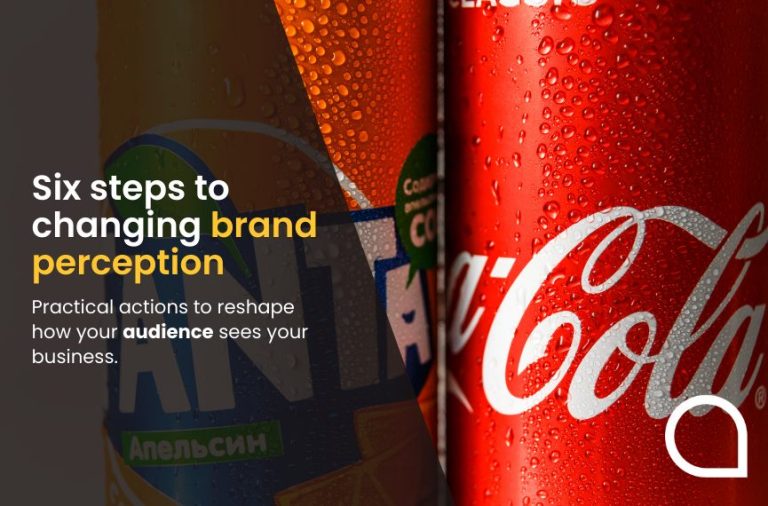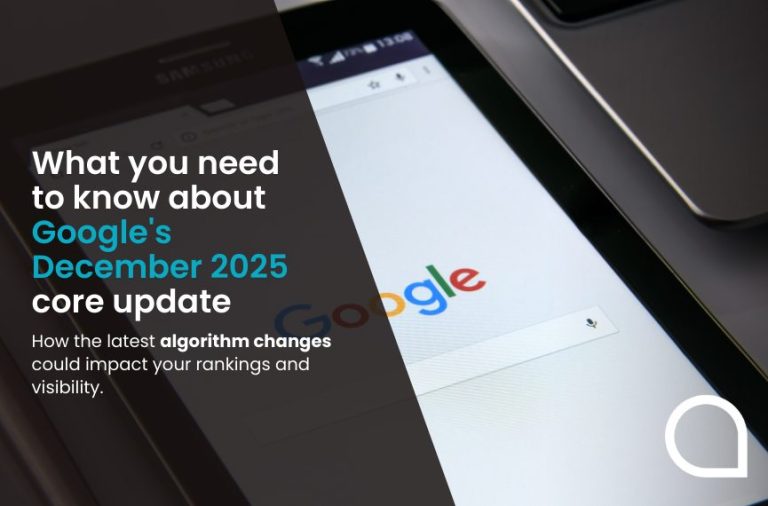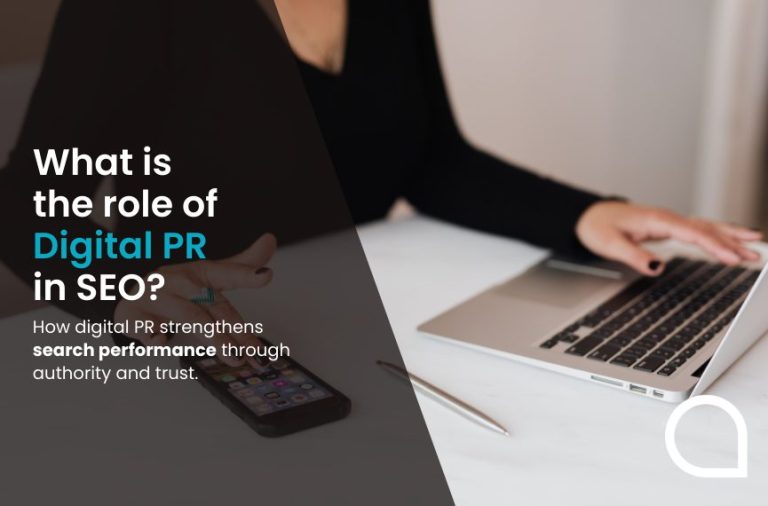
What’s the difference between PR and marketing?
Unsure whether to promote your business through marketing or public relations (PR)? Give PR and marketing are closely related and work in tandem, it can
If you’re planning a local SEO strategy, what factors will determine your Google ranking?
There isn’t a magic bullet when it comes to effective SEO practices.
Local SEO ranking factors vary, and to improve your performance you’ll need to address several issues. Some of these will need to focus on on-page SEO, but others will be off-page.
If you’re going to understand local SEO ranking factors, you first need to understand what local SEO is (and isn’t).
Local SEO involves optimising your website to appeal to a specific local area. This will require you to answer certain search queries that a local audience makes.
You want people to find you online as easily as they might walk into your business or shop if they were in your local area.
However, maximising your local online presence involves more than on-page SEO. You also need to consider off-page SEO.
Local SEO isn’t simply about selecting and using keywords that rank locally, though this is a major part of it. Local SEO ranking factors are a combination of on-page and off-page activities and elements.
The key ranking factors for Local SEO include:
But, if you’re serious about improving your organic local rankings, you must also understand the importance of Google Local Pack and how it affects ranking factors.
The Local Pack is the top section of search results in Google. This highlights three entries resulting from a search.
This section originally contained seven business entries, but Google has now cut it down to three.
This makes the competition for local rankings that much fiercer. It also means that you need more than good content to rank highly.
It gets more complicated because Google Local Pack prioritises ranking factors differently to organic Local SEO rankings.
Local Pack tends to rank Google My Business and reviews more highly than optimised on-page content. On the other hand, organic SEO favours optimisation first, followed by inbound links.
Therefore, a good local SEO strategy will need to address these different ranking factors and cover multiple strands of activity.
The information you include in your on-page content, whether this is web pages, blogs, landing pages or product descriptions, needs optimising for local SEO.
This requires careful crafting of content because you want to incorporate keywords and location information organically into your copy.
Areas to focus on are:
Links to your site from other sites (inbound links or backlinks) are tried and tested boosts for local SEO.
These links must come from a trusted source, however, to become a significant factor in your local SEO ranking.
Establishing and using these links is one reason networking can be such an important strategic business tool. If you can leverage your local business network for links, you can start building quality inbound links.
Think in terms of bodies such as your local Chamber of Commerce or trade association. Or consider other businesses with whom you have clear synergies.
Google My Business (GMB) is a highly significant off-page ranking factor. This enables Google to list your business and it makes your business profile visible to Google.
GMB is also where your customers can leave their reviews, which we’ll come to shortly.
It’s worth putting time and effort into your GMB entry – if Google verifies your business as authentic then it’ll have a positive, visible and measurable impact on your local SEO ranking.
GMB is also good for building your customer base, by providing potential customers with useful information about your business, such as opening times and any special offers or discounts you’re running.
You can also engage with your target audience by sharing content you include on GMB via social media.
Third-party recommendations are an excellent way of building trust with prospects and customers online. The online review is a long-standing feature of online trading and it plays a key part in local SEO.
By encouraging customers to share reviews online, via your GMB page, you can boost your local SEO rankings.
Quality and quantity are both important here. Obviously, you want a positive review, but Google also likes a steady stream of them.
The language customers use in reviews also influences SEO. If customers mention a town, city or other local keywords, this signals to Google that you’re a trusted local business.
You can also improve your online presence, and ranking, by responding to reviews and interacting with customers. Google counts the percentage of reviews you respond to. However, it counts your negative review responses too, so you should factor this into your customer relations.
Most online businesses should, by now, be aware of Google’s mobile-first indexing.
Mobile-first goes hand in hand with local search. 88% of people who conduct a local search on their smartphone visit a related store within a week.
People use their phones to look up reviews, search for your contact details and confirm where you’re located. And mobile users find Google Local Pack very useful when searching for local businesses.
If you want your local SEO strategy to work, optimising your website for local isn’t simply best practice, it’s essential.
Beyond these fundamental Local SEO ranking factors, other factors also apply to SEO in general, such as:
SEO can seem like a complicated and confusing process to understand and do well.
If you’re running a business with hundreds of competing demands, you might feel you have neither the time nor expertise to do the job as well as you would like.
Professional SEO support can turbo-charge your search engine rankings.
At Aqueous Digital we develop sustainable, long-term SEO strategies that help you achieve your goals.
For advice and support with any aspect of your business’ SEO contact us today, 0800 285 1424
Aqueous Digital’s Guide to the Top 501 SEO and Digital Marketing Terms
Aqueous Digital’s Ultimate Guide to the cost of SEO in the UK

Unsure whether to promote your business through marketing or public relations (PR)? Give PR and marketing are closely related and work in tandem, it can

Has your business been impacted by a costly PR crisis? Or perhaps negative reviews have affected your wider brand image? No matter the type of

Whether it’s attracting higher-quality talent or securing sought-after partnerships, most brands recognise the real value that digital PR (public relations) can bring to their business.

Completed at the very end of December 2025, Google snuck in its final update for the year – culminating in a hat-trick of core updates

Struggling to unlock the full potential of your business and kickstart growth? Public Relations (PR) could be the key. Often used to build a positive

Weighing up whether your business should invest in marketing or public relations (PR)? As seasoned digital PR and marketing professionals, the expert team at Aqueous